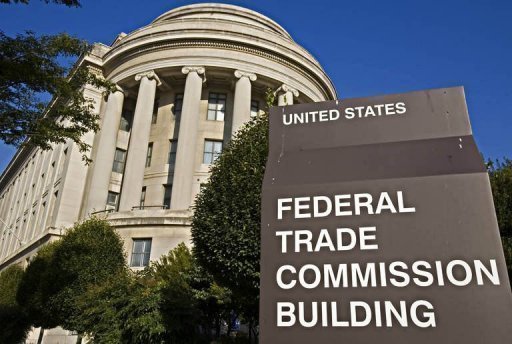In today’s world of e-commerce, a person cannot buy something online, subscribe to a service, or join a club or organization without agreeing to the provider’s “terms of service”. These terms are often lengthy and difficult to read (i.e., they are not written in plain English). For these reasons, among others, most consumers simply click the “I agree” button or link without reading the text or thinking about what they agreed to. However, the courts have ruled that these agreements are BINDING, and you should have them, read them, and use them.
Recently, noted Attorney Damon W.D. Wright of the Law Firm Gordon and Reese sent me a good article he wrote for their legal guide, and the need to make sure that you have on your sales site a ClickWRap with a Arbitration Class Waiver to protect you from possible Class Action Lawsuits.
As he wrote, “The U.S. Supreme Court has held that mandatory arbitration and class action waiver provisions in website terms, where agreed to by the consumer, are enforceable to mandate arbitration and bar class actions, regardless of any state law to the contrary. This is one of the reasons it is so critical to use a clickwrap contract to obtain the consumer’s acceptance to the website terms. You need the consumer’s acceptance of the website terms to make the website terms, including mandatory arbitration and class action waiver provisions, enforceable against the consumer.
Without acceptance, your website terms — even if brilliant — can be entirely useless. However, with acceptance and well-written mandatory arbitration and class action waiver provisions, you will have substantially insulated your business from any class action liability.”
Most recently these agreements were used in the case In re Randall Holl, the U.S. Court of Appeals, Ninth Circuit reviewed an online arbitration agreement that implicated a combination of the clickwrap and incorporation by reference principles, enforcing an arbitration agreement of a consumer that claimed that he was overcharged by UPS and tried to start a class action – and ignore the arbitration agreement also within the ClickWrap.
While Holl conceded he checked the box indicating his agreement to the UPS My Choice Service Terms and the UPS Technology Agreement, he told the court he could not be bound by the arbitration clause because it was so inconspicuous that no reasonable user would be on notice of its existence and that the arbitration provision conflicted with the jurisdictional provision of the UPS Technology Agreement.
The district court disagreed and granted UPS’s motion to compel arbitration.







 He had a few minutes out of his busy schedule to sit down with us, and we asked him about what he is doing with himself and the state of the marketing industry:
He had a few minutes out of his busy schedule to sit down with us, and we asked him about what he is doing with himself and the state of the marketing industry:








